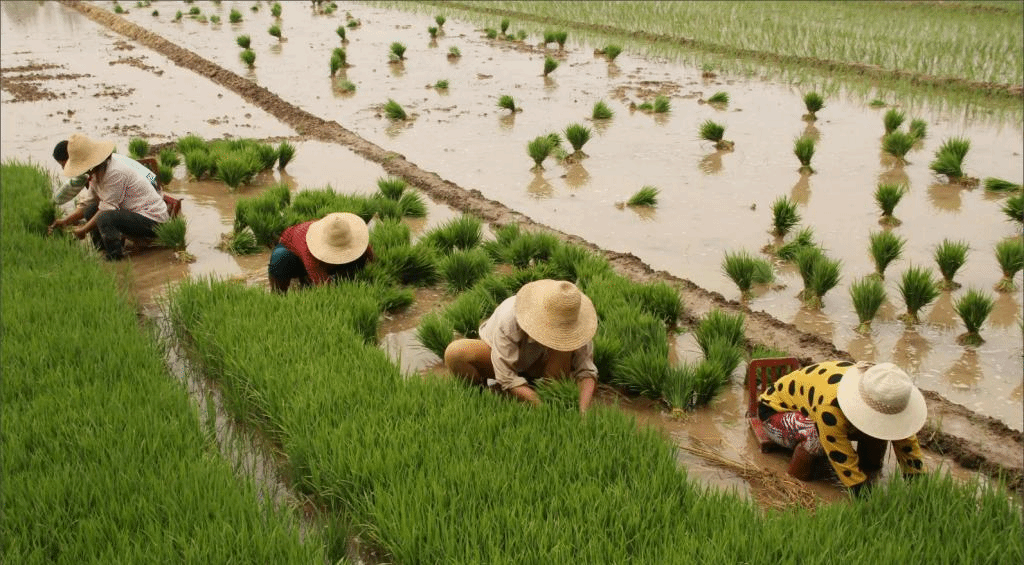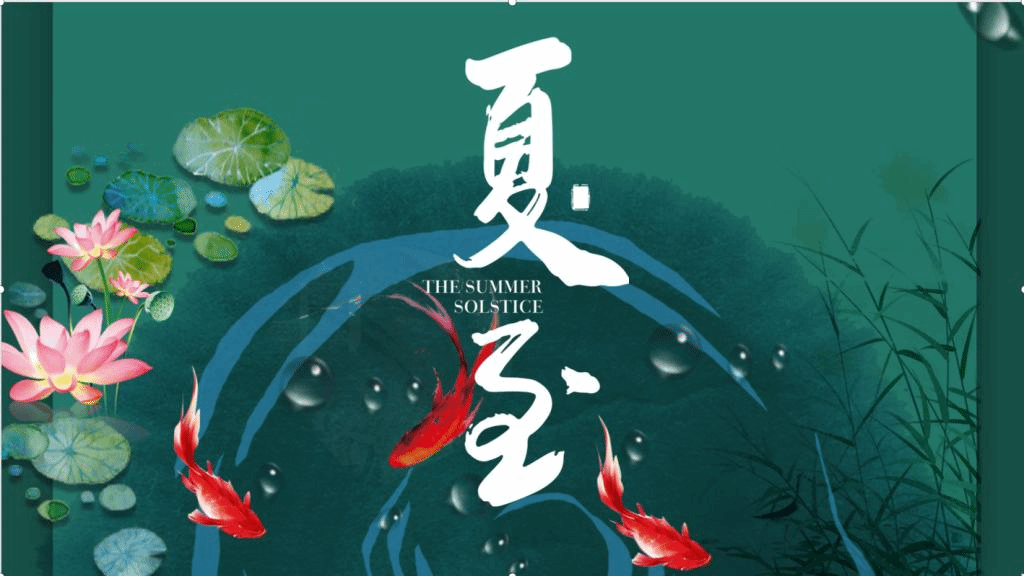Editor's note: The 24 Solar terms are an ancient Chinese calendar used to guide farming. They are the crystallization of the accumulated experience and wisdom of the working people of the Chinese nation. Since ancient China was an agricultural society, people required a strict understanding of the sun’s movement, and farming was conducted entirely according to the sun as well. Therefore, the “24 solar terms”, which reflects the sun’s movement cycle, were added to the calendar as the standard for determining leap months. The 24 solar terms are: Start of Spring, Rain, Awakening of Insects, Spring Equinox, Qingming festival, Grain Rain, Start of Summer, Grain buds, Grain in Ear, Summer Solstice, Minor Heat, Major Heat, Start of Autumn, End of Heat, White Dew, Autumn Equinox, Cold Dew, Frost’s Descent, Start of Winter, Minor Snow, Major Snow, Winter Solstice, Minor Cold and Major Cold. On November 30, 2016, China’s “24 Solar terms” were officially inscribed on UNESCO’s Representative List of intangible Cultural Heritages of Humanity. We have introduced this 24 Solar terms column to bring you a taste of the beauty of traditional Chinese culture.
When daytime becomes the longest and dark hours becoming the shortest, Summer Solstice arrives. Summer Solstice or Xiazhi is tenth among the 24 solar terms. “Xia” refers to the summer season and “Zhi” means the arrival of hot weather.
Xiazhi dates back to the Spring and Autumn period (700-601B.C.), when the regular pattern of the year was discovered. The sun is almost directly over the Tropic of Cancer in Xiazhi, leading to a phenomenon that objects under the sun are without shadow in certain areas of northern China. The heavy rains and even thunder showers appear as the temperature keep rising. Farmers seize this time to finish sowing and arrange their farmland. Otherwise, weeds and injurious insects will appear in mass to take advantage of the suitable conditions.

Agricultural activities
Chinese ancient literature works record the phenological phenomena of Xiazhi and divide it into three pentads. The first pentad is “Lu jiao jie”, which means the horns of deer start to shed. “Chan shi ming” is the second pentad, meaning that cicadae begin to chirp. The last pentad is “Ban xia sheng” when a kind of herb called “ban xia” grows vigorously. The divided pentads reflect the philosophical theories of “yin” and “yang”. People consider that yin qi begins to fill while yang qi begins to wane in Xiazhi.
When it comes to the various customs of Xiazhi, the most vital thing is worshiping gods and ancestors to pray for a good year. People come together, enjoying feasts and celebrating the harvest. Apart from this, sending folding pans and cosmetics to each other is also popular among women. Additionally, having noodles is an important eating custom. Since the newly harvested wheat appears in Xiazhi, having noodles represents trying new things. To escape heat, people will drink herbal tea and sour plum soup. In Lingnan’s regions, people eat lychee.

After Xiazhi, the dog days come. People adapt their life habits to the weather. It is good to have a nap and a light diet during these days. What’s more, people should choose to do exercises that are not strenuous in the cool morning and evening in case they get sunburnt or suffer sunstroke.

